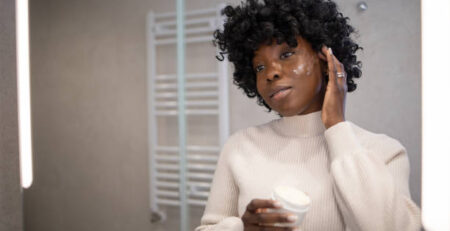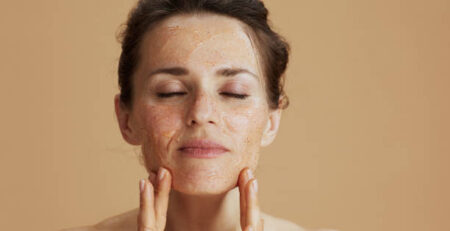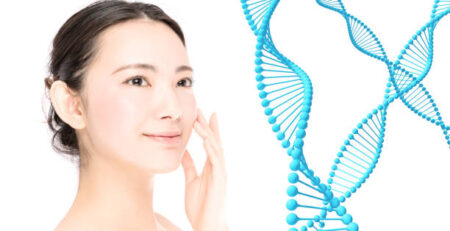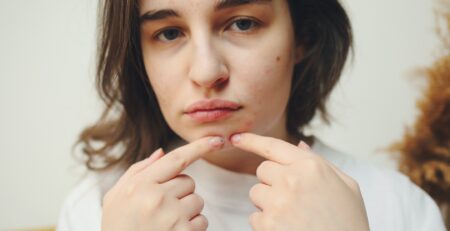Prescription Treatments for Severe Acne
Severe acne can be a challenging and distressing condition that often requires specialized treatment. Although over-the-counter products can be effective for milder cases, individuals with severe acne may benefit from prescription-strength treatments. In this guide, we will explore the most common prescription options available to help you regain control over your skin and confidence.
Severe acne often referred to as NODULOCYSTIC ACNE, is characterized by deep, painful nodules, cysts, and widespread inflammation. These lesions penetrate deep into the skin, leading to a higher risk of scarring. Severe acne typically requires more aggressive treatment approaches to achieve meaningful results.
The following are prescription treatments for severe acne;
- Topical Retinoids
Topical retinoids are derivatives of vitamin A that are available by prescription. They work by unclogging pores, reducing inflammation, and promoting cell turnover. Common topical retinoids include tretinoin, adapalene, and tazarotene. These medications can be highly effective in treating severe acne, but they may cause dryness and irritation, so they should be used under the guidance of a dermatologist.
- Topical Antibiotics
Topical antibiotics are often used in combination with other treatments to combat the bacteria associated with acne. Clindamycin and erythromycin are common options. They help reduce inflammation and prevent bacterial overgrowth.
- Oral Antibiotics
For severe cases of acne, oral antibiotics may be prescribed. These medications work by reducing inflammation and targeting bacteria. Common oral antibiotics for acne include doxycycline, minocycline, and tetracycline. It’s important to use antibiotics as directed and be aware of potential side effects, such as gastrointestinal upset and increased sun sensitivity.
- Oral Contraceptives
For females with hormonal acne, oral contraceptives (birth control pills) can be an effective treatment option. They regulate hormone levels, which can help reduce oil production and prevent clogged pores. You must consult with a healthcare provider to determine the most suitable option.
- Isotretinoin (Accutane)
Isotretinoin, commonly known as Accutane, is a powerful oral medication reserved for severe, treatment-resistant cases of acne. It works by reducing oil production, preventing clogged pores, and reducing inflammation. Isotretinoin requires strict medical supervision due to its potential for serious side effects, including birth defects in pregnant individuals.
- Spironolactone
Spironolactone is an oral medication primarily used for conditions like high blood pressure and hormonal imbalances. However, it can also be effective in treating hormonal acne in females by reducing androgen levels, which can contribute to acne development.
- Steroid Injections
In severe cases of acne, particularly with painful nodules and cysts, dermatologists may administer corticosteroid injections directly into the lesions. This can quickly reduce inflammation and pain.
However, It’s very important to consult with a dermatologist or healthcare provider before starting any prescription treatment for severe acne. They will assess your specific condition and recommend the most appropriate course of action, considering factors like skin type, medical history, and potential side effects.
Conclusion
Severe acne can have a significant impact on one’s quality of life, but effective prescription treatments are available. By consulting with a dermatologist and exploring the appropriate options, individuals with severe acne can take significant steps towards achieving clearer, healthier skin. Remember that consistency and patience are key when it comes to managing severe acne with prescription treatments.









